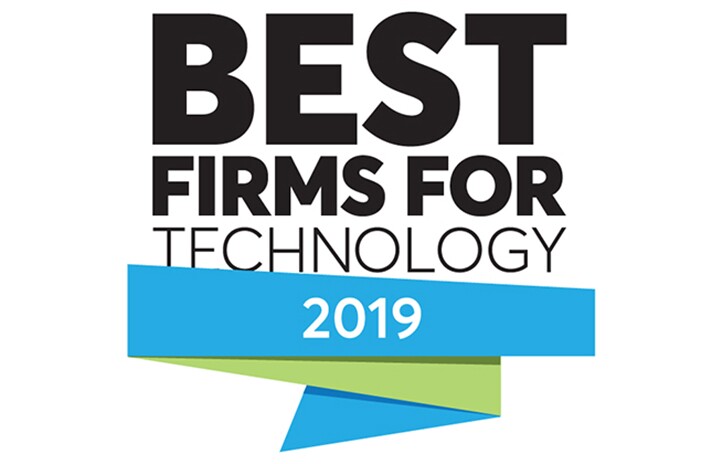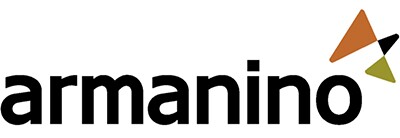Whether you call it the Information Age, the Fourth Industrial Revolution, or just Tuesday, there can be no doubt that a massive wave of technological change is sweeping over every sector of the economy. Many businesses are being swamped, and many others are barely staying afloat — but a small group are riding the wave to a more successful future.
The accounting profession is caught up in the same wave as everyone else, so Accounting Today decided to seek out the firms that are in that small group — those that are embracing technology and leveraging it to build more responsive, more profitable and more sustainable practices — with the twin goals of recognizing these leading-edge firms and identifying best practices and strategies that other firms can adopt.
To participate, firms had to complete a fairly extensive questionnaire that Accounting Today created with the help of a number of technology experts and consultants. (We owe thanks in particular to Randy Johnston, Gary Boomer and Dawn Brolin for their invaluable input.) It covered everything from their average number of computer screens per employee, what percentage of their staff works remotely, and how digital their workflows are, to their overall technology strategy, how they use it to better serve clients, and how they build it into their culture.

Three dozen firms completed the questionnaire this year, and all were clearly right on the leading edge of technology, as might be expected from a self-selecting survey. Profiled below are the 11 that we are individually recognizing as the Best Firms for Technology for 2019, but taken together, they form a composite picture of what it looks like to embrace the tools that are shaping the future of the profession, and model the mindsets and strategies that it will take to thrive going forward.
In statistical terms, that firm spends an average of 6.73 percent of its budget on technology (slightly more at smaller firms, and slightly less for larger ones that can reap economies of scale), and each employee gets an average of 22 hours of technology-related training every year (with, again, more hours at smaller firms and fewer at midsized and larger firms). Each employee works with an average of 2.6 computer screens, and 67 percent of the applications they use are cloud-based (though it climbs to an average of 88 percent at small firms, and falls to just over 50 percent at large firms).
More broadly, though, there is a set of characteristics that most or all of them exhibit — technology philosophies, if you will. It starts with being an early adopter, but only on the leading edge, never the “bleeding edge.” They are ruthlessly practical about technology and its limits, but also strongly aware of its power and the opportunities it brings.
We could go on, but a number of the other characteristics are actually better summed up by this selection of highlights from the technology strategy espoused by Top 100 Firm Wipfli, as shared by practice leader Kurt Gresens:
- Enable our clients to work with us in a simple, frictionless, and deep and meaningful manner.
- Fully enable our solutions in the cloud and with the highest levels of security.
- Develop and deliver the same/similar solutions for our clients that we have put in place for ourselves.
- Enhanced maturity of our software development processes to deliver optimal value and throughput.
- Build a culture of partners and associates that embrace technology and an agile mindset.
- Harness the value and power of data, information and knowledge to offer better insights.
- Enable our associates to provide far more value through the use of automation and better knowledge/resource management.
A few notes
It’s important to remember that this is a list of the Best Firms for Technology, not the Best Technology Firms. While some of them resell or implement software, or otherwise offer a variety of tech-related services, it is first and foremost a collection of whose primary business is in the core services of the accounting profession.
It’s also important to remember that this isn’t a ranking, which is why the firms are presented in alphabetical order by size category, and it isn’t meant to be comprehensive. The members of the 2019 class of the Best Firms for Technology are impressive, but so are many of the other firms that participated, and any firm that wasn’t one of the 11 named to this year’s list is welcome to submit again next year (and that includes the Honorable Mentions). This year’s Best Firms are ineligible for another three years; they can apply again in 2023.
With that said, we’d like to introduce the 2019 Class of the Best Firms for Technology!

















